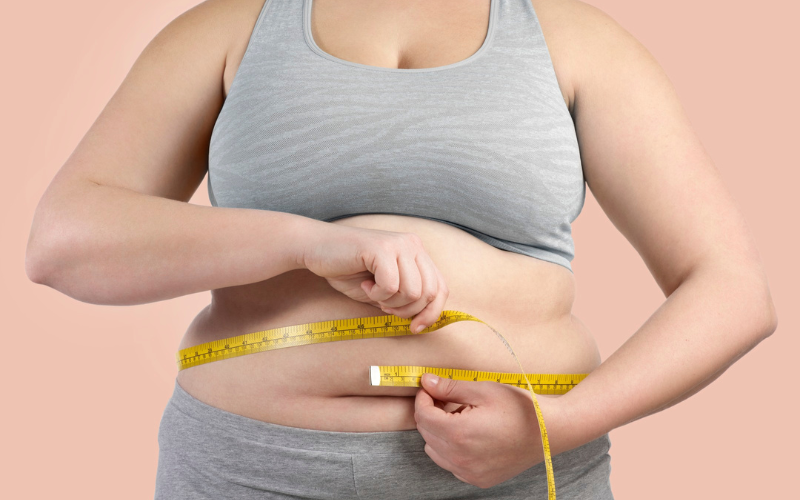
Do you know what affects your metabolism?
- Genetics
- Hormones
- Age
- Lean Body Mass
- Menopause
- Temperature
- Circumference
- Calorie reduction
Studies have shown that your genes will explain 50% of your weight! If you have no obese parents you have a 20% chance of being obese. Comparatively, if you have 1 obese parent you will have a 40% chance of obesity. However, if you have 2 obese parents you will have an 80% chance of obesity.
The Facts & More!
- Women have 25 billion fat cells, however if you are overweight you have around 65 billion.
- A woman’s body adds fat cells at 3 critical times – Last Trimester of pregnancy, the First Year of your life and Puberty.
The Ever Important Lean Muscle Tissue (1 kg = 2.2 pounds)
- Age 45-65 (Average loss of lean muscle tissue – 30%)
- One pound of lean muscle tissue (0.454 kg) uses 35-50 calories a day (the more lean muscle tissue you have the better)!!
- A loss of half a pound of lean muscle tissue equals a weight gain of three pounds per year.
Oestrogen & Progesterone live a life of highs and lows and when the balance is lost your body it acts in unpredictable and undesirable ways including insomnia, migraines, hot flushes and carbohydrate cravings.
Oestrogen increases fat storage in breasts, hips, thighs and butt.
Once you hit menopause a woman can increase weight by 5 lbs or 2.2kg per year.
During peri-menopause which is the lead up to menopause you may experience weight gain, bloating, heart palpitations and decreased sex drive.
To counteract this you have to make an adjustment in expenditure and intake – DON’T STRESS!!
What can you do?
Essential Vitamins & Minerals
- Vitamin A for growth and repair – 700mcg
- Vitamin B1 – 2mg (for carbohydrate metabolism)
- Vitamin B6 – 2mg (for protein metabolism)
- Vitamin B12 – 2mg (for fat metabolism)
- Folic Acid – 400mcg (cell production)
- Vitamin C – 500mg (for immune system support)
- Vitamin E – 200IU (menstrual cycle helper)
- Calcium, Magnesium and Iron:
1) Pre-menopausal (1,000mg)
2) Menopausal (1,500mg)
Best Tips!
- Incorporate pelvic floor exercises
- Moderate intensity cardio workouts at 70-80% of maximum heart rate
- Weight Training – Lower repetitions (around 10 repetitions per exercise) at high weight (Lift as heavy as you can) – working all body parts. Using higher weights uses lots of calories and increases fat oxidation, lean muscle tissue and your metabolic rate
- Allow 30-90 seconds rest between each set
- Allow 2-3 days off per body part
- Workout time – 50-60 minutes
- After exercising within 30 minutes drink a liquid protein
- Eat a meal within 2 hours of exercising
Importance of Body Satisfaction
Women who display greater satisfaction with their bodies tend to exercise more than those who are not satisfied, and that shape and weight of their bodies were components of self-evaluation. Read more on how to help women over the age of Fifty improve their self-satisfaction here.
What Proportion of Food?
- Protein – should make up 35-40% of food intake each day – 1-1.5kg per kg of body weight. Excessive protein can affect calcium absorption
- 25 calories per 100 calories is used for digestion
- Carbohydrates – around 4kg per kg of body weight daily (around half of your plate)
- 10 calories per 100 calories is used for digestion
- Fats – around 20% of intake including Omega 3’s to maintain healthy triglyceride levels
- 2 calories per 100 calories are used for digestion
- Use some of the above suggestions and tips and you will have a far smoother run on the hormone highway and have an awesome level of metabolism as you head towards menopause
xx Leanne


